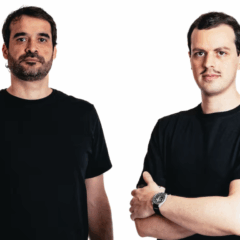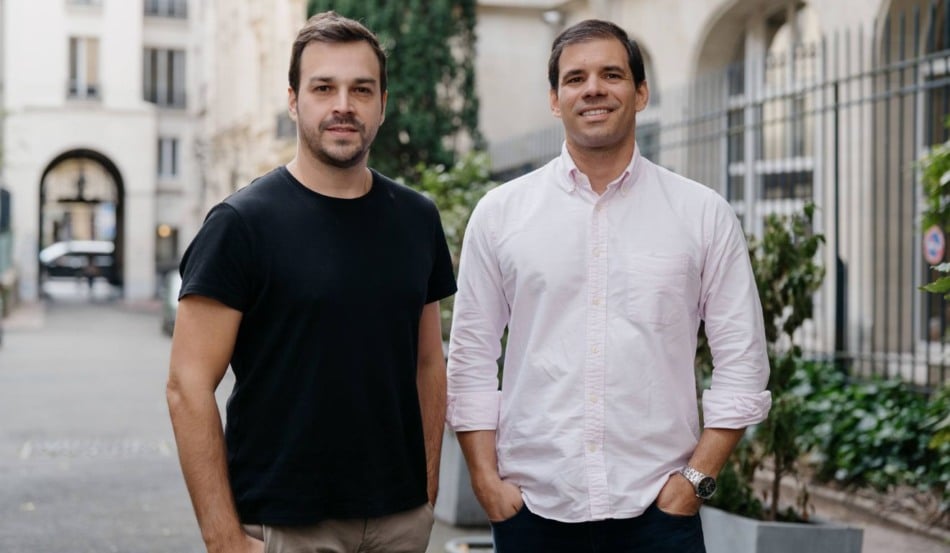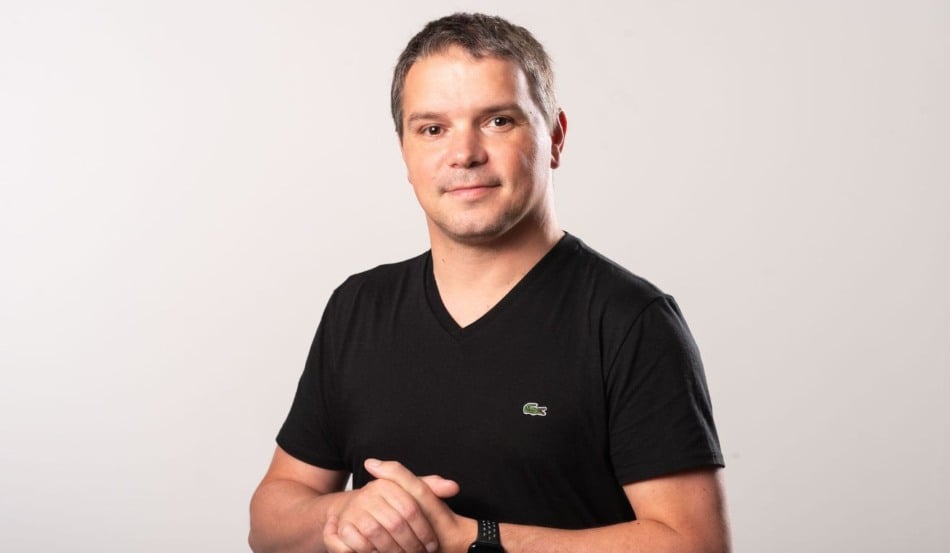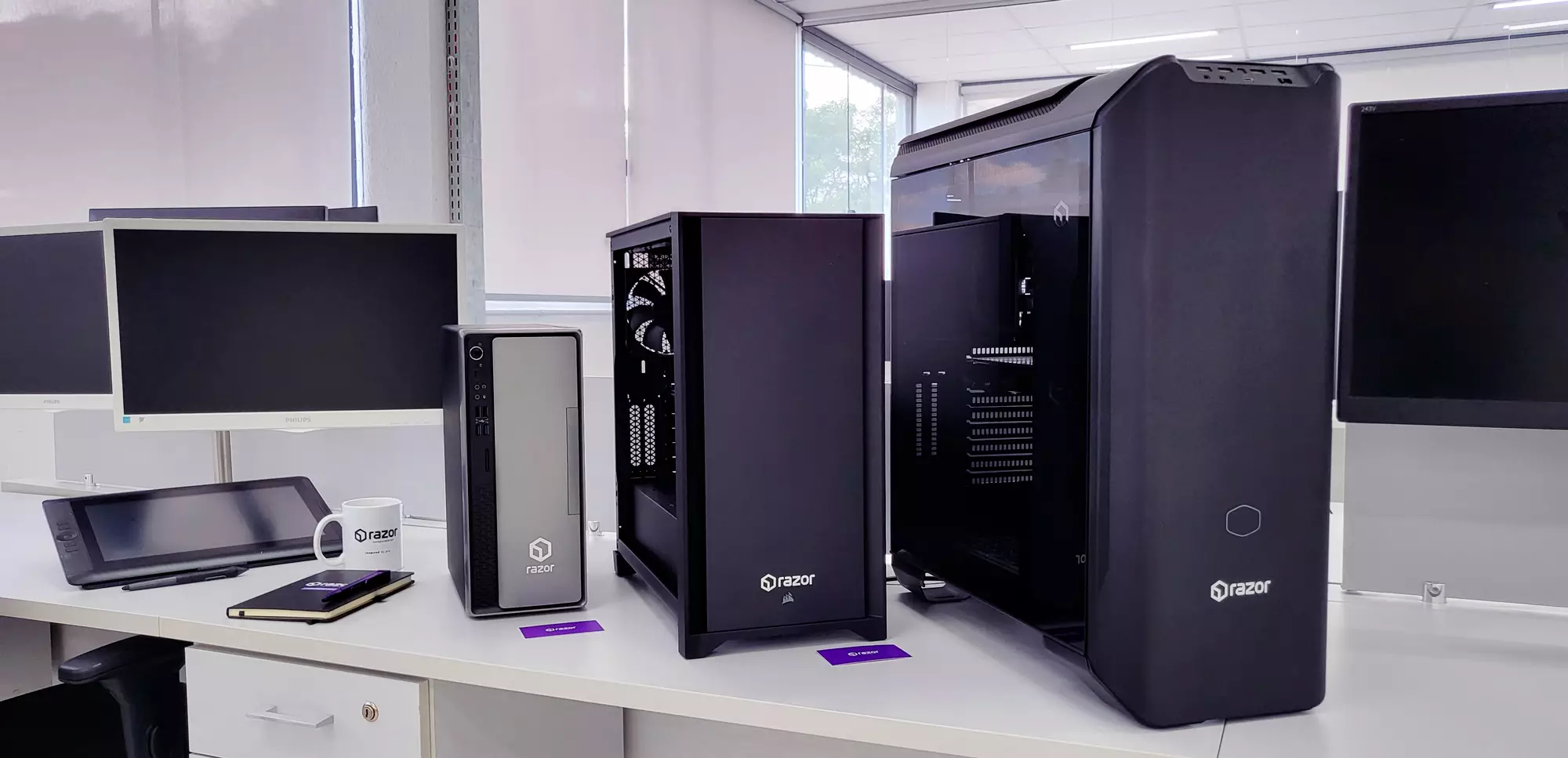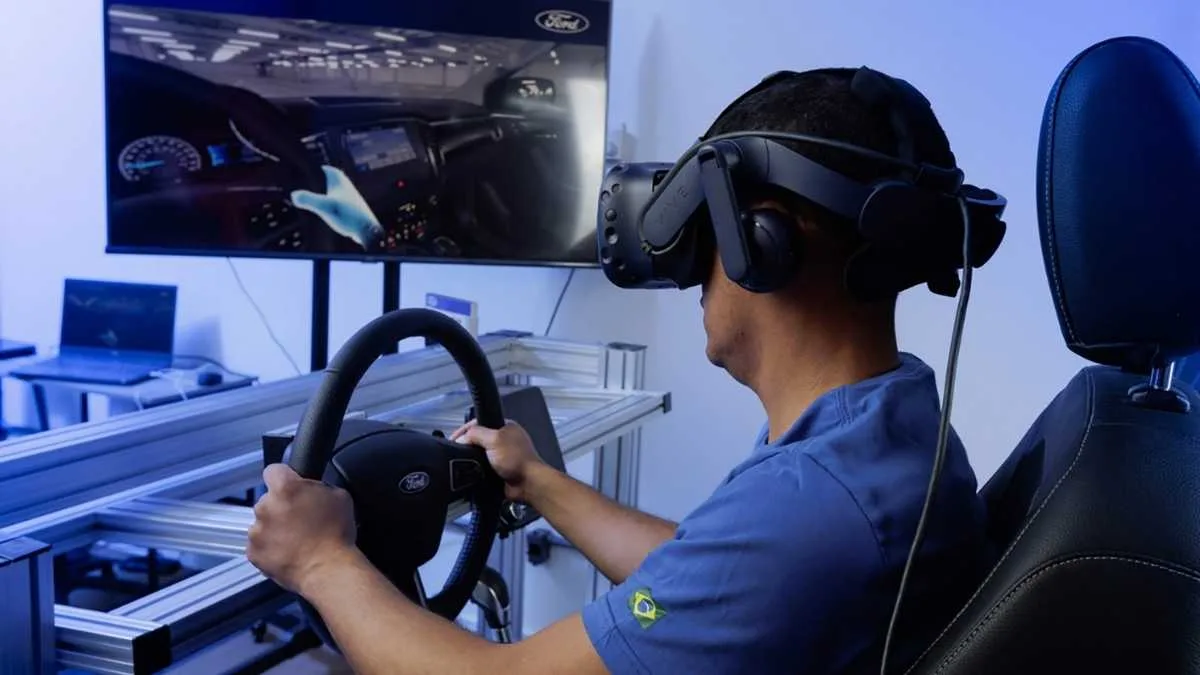
*by Claudio Ferreira, contributing writer
Nearly 600 days after shutting down manufacturing in Brazil as a result of global integration and local failures, Ford is looking to explore new revenue streams in its Development and Technology Center, located in Camaçari, in the northern state of Bahia. The carmaker expects to reach 500 million Brazilian reais ($120 million) in local revenue this year and plans to grow income on that front, which includes a dedicated are for startup projects, dubbed D-Ford.
Ironically (and tragically), after thousands of layoffs and deactivations at its local manufacturing units in 2021, the company expanded its investments for the Brazilian center, and hired 500 new employees. Currently, the 1,500-string workforce is busy on a series of global projects aimed at Ford’s car offerings, the focus being the future of mobility, more specifically electric and autonomous vehicles.
“Continuous innovation is the difference between companies that will grow and those that will disappear. In this scenario, we saw an opportunity to expand our operations by exporting engineering services to Ford’s main markets around the world, taking advantage of the creativity, versatility and experience of our professionals”, said Daniel Justo, president of Ford South America.
The Center, one of nine of its kind worldwide, works in integration with Ford‘s global innovation ecosystem. The Camaçari facility has six buildings and a 65,000 square feet area, which houses a design studio, Teardown, a virtual reality lab (which performs the disassembly, scanning and analysis of components), offices and the D-Ford lab.
The latter is a new area created to work as a startup focused on innovation, conducting research to predict consumer needs years before the vehicles hit the road. “D-Ford was created to hit and miss. We use agile methodologies and want to create memorable experiences. Design, for example, is a human-centered activity”, said Justo.
The D-Ford team has 10 staff including engineers, in addition to other professionals such as psychologists. At the moment, the lab is starting to establish partnerships with universities, in areas such as ergonomics. “Our focus is on [developing] ideas. We look for startups and innovation offices to research and identify the market’s demands, focusing on the consumer, as well as on current and next generation cars”, the executive said.
Connecting and expanding
In the South American region, the Camaçari center connects with the ideation hub in Salvador (the capital of the Bahia state), the Development and Testing Center in Tatuí (in the southern state of São Paulo) and the Pacheco laboratory (based in Argentina). “[We work with] cars of today or those that might hit the streets in two years, or even 10 years. We are a data factory, focused on innovation and on the consumer”, said Rafael Marzo, a manager at the center.
It’s an increasingly export-oriented structure. After all, in recent months, global services have grown in volume and complexity to the point that approximately 85% of the work is focused on Ford‘s demands outside Brazil. “Our Center operates as a self-sustaining business unit. This shows that Brazilian engineering is extremely competitive and that it is worth investing in research, development and innovation in the country”, Justo said.
Examples of projects with the participation of the Brazilian team include the development of the new design language for Lincoln’s future electric vehicles, the implementation of electric technologies in models for the global market and the development of future generations of Ford‘s multimedia suites.
“About a third of the functionalities built into Ford vehicles around the world is created or enhanced by our center”, Justo said. One example is the Mustang Mach-E’s “One Pedal Drive” – which allows driving just using the accelerator, without pressing the brake pedal.
Autonomous cars, electric cars and people
Another aspect is the development of autonomous vehicles, and Brazilian knowledge is applied to the adaptation of the vehicles’ bodywork for the positioning of sensors, radars and cameras and for the standardization of its installation. Another factor is the design of its cars’ cleaning systems – something important to guarantee vehicle safety.
In the electric car segment, the Camaçari center works on new technologies such as cooling electronics systems, optimizing systems and new experiences to create the car of the future. A contingent of 500 professionals is part of this team.
Ford Brazil has already registered more than 70 global patents. In partnership with Bahia-based Euvaldo Lodi Institute (IEL), the company is tapping into an ecosystem of researchers with more than 200 professionals distributed across 17 Brazilian states, who work in 120 projects, mostly focused on connectivity, artificial intelligence and Big Data.
Speaking of local partnerships, the company bets on the use of graphene, an extremely versatile, resistant, thin and flexible material, which is also one of the best conductors in the world and is abundant in Brazil. Alongside the University of Caxias do Sul, in the southern state of Rio Grande do Sul, Ford created a research cell dedicated to graphene, combining academic and practical expertise.
In addition, the company has also invested in mitigating the shortage of trained professionals. “With Senai Cemat [an industrial training network in Brazil], we are developing a project for software development with 100 young people, of which 80 come from poor communities. We want to contribute to education and social responsibility. Human capital is the key to a promising future”, said André Oliveira, engineering director at Ford South America. “The project is scalable and has the potential to expand to other capacities,” he concluded.
(translation by Leandro Miguel Souza, editing by Angelica Mari)

